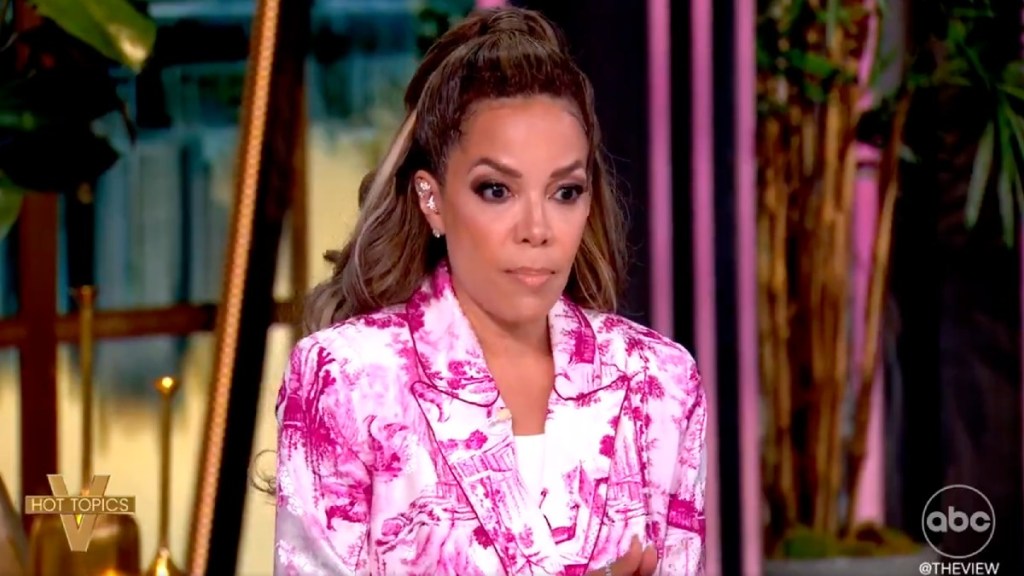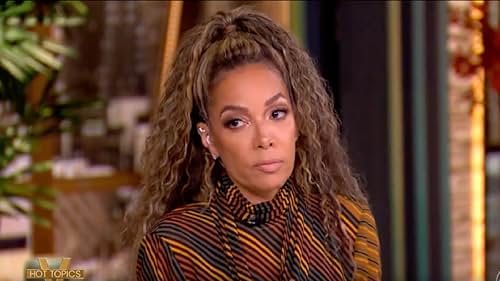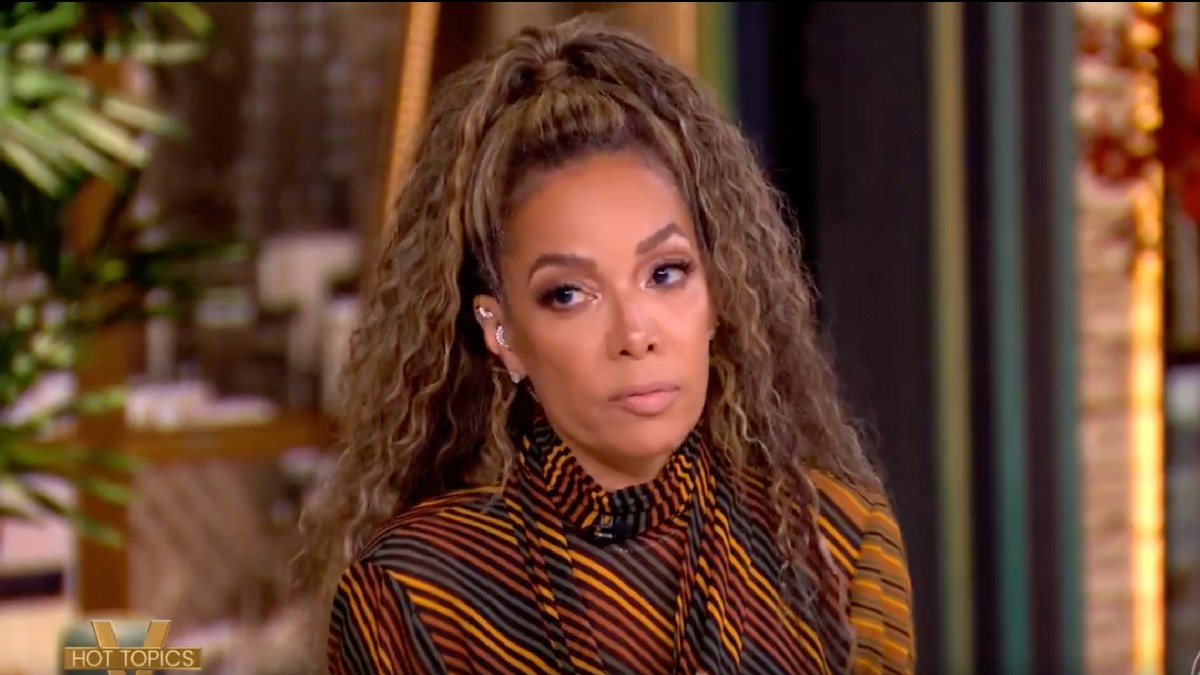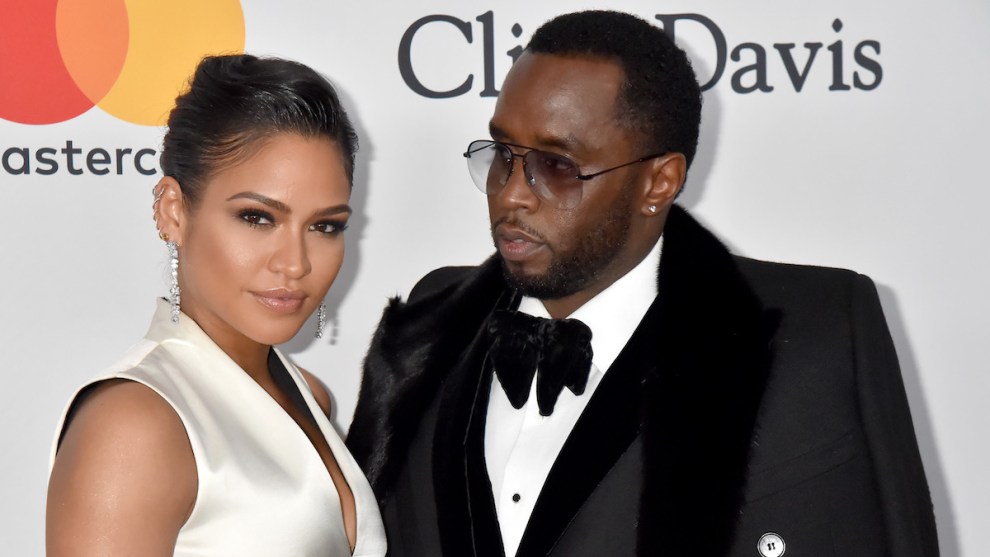The View: Sunny Hostin Worries Male-Majority Diddy Jury Won’t Recognize ‘Classic’ Victim Grooming in Cassie’s Testimony
On May 14, 2025, the ongoing trial of Sean “Diddy” Combs has taken a serious turn as Sunny Hostin, co-host of “The View,” voiced critical concerns regarding the male-majority jury’s understanding of the complexities involved in sexual abuse cases. As Cassie (Cassandra Ventura), a prominent R&B singer, took the stand to share her harrowing tale of a decade-long relationship marred by abuse and control, Hostin worried that the jury might fail to recognize the signs of victim grooming that Cassie’s testimony illustrated.
Understanding the Dynamics of Victim Grooming in Cassie’s Testimony
Throughout her testimony, Cassie recounted experiences that many would find difficult to fathom. Under the influence of Combs, she described periods when decision-making became nearly impossible due to his overwhelming presence. For years, the coercive environment fostered by Diddy led her to abide by his demands, a situation she characterized as suffocating and manipulative. Hostin pointed out that these stories reflect classic signs of victim grooming, a psychological manipulation that often goes unnoticed, particularly in male-dominated scenarios.
Grooming often involves an abuser gaining the trust of their victim to manipulate their boundaries and reduce their autonomy. Cassie’s accounts paint a grim picture of someone trapped in a cycle of intimidation. Hostin underscored the importance of recognizing this pattern, stating that many may not realize that love can entrap individuals in unhealthy dynamics, causing them to overlook their own well-being in a bid to maintain peace and harmony.
Hostin’s Concerns Regarding Jury Perception
Sunny Hostin’s background as a former sex crimes prosecutor uniquely positions her to understand the intricacies of such trials. She expressed her concern that the jury, composed predominantly of men, might struggle to empathize with Cassie’s plight. Historically, societal attitudes can cloud jurors’ perspectives, leading to misconceptions about why victims remain in abusive relationships.
This discrepancy highlights a critical gap in understanding that can jeopardize the prosecution’s case. Hostin emphasized that dismissals of victim narratives could stem from the jury’s lack of comprehension regarding abusive dynamics, leading to an unjust verdict. The challenge, she notes, is instilling an understanding of the psychological aspects of grooming into the jury’s mindset to ensure they grasp the complex realities faced by victims like Cassie.
The Need for Expert Testimony in Abuse Cases
To bridge the gap in understanding, Hostin contended that bringing in expert testimony could prove instrumental during the trial. Psychological experts can clarify how grooming impacts victims’ perceptions of their realities, illuminating the often confusing reasons that individuals might stay with their abusers. Such insights could be pivotal in reshaping the jury’s understanding of consent, abuse, and emotional entanglements.
Furthermore, expert insights can help demystify the perceived “choices” a victim makes, reframing them in light of manipulation and coercion rather than simplistic explanations. The importance of addressing these nuances cannot be overstated, as they contribute to cultural shifts in how society understands and responds to sexual abuse claims.
The Broader Implications of Cassie’s Testimony
Discussion surrounding Cassie’s testimony resonates beyond the confines of the courtroom, inviting a larger discourse about societal perceptions of consent, power dynamics, and victim narratives in sexual abuse cases. Sunny Hostin’s comments on “The View” serve as a catalyst for important conversations around how victims are perceived and treated, both in media and legal contexts.
As the trial unfolds, it will be crucial to observe how the elements discussed will influence the jury’s decisions and the outcome of the case. Hostin’s advocacy for a deeper understanding of victim narratives sheds light on the complexities that often intertwine personal relationships with institutional responses to abuse.
Conclusion
The conversation sparked by Sunny Hostin on “The View” accentuates the urgent need for education and awareness around victim grooming and psychological manipulation in abusive relationships. Understanding these dynamics is essential not only for legal proceedings but also for fostering greater empathy and awareness in society. Engaging in these discussions can help ensure that victims’ voices are heard and understood, paving the way for significant change. Join the conversation about consent and abuse today, and advocate for a justice system that recognizes the intricacies of victim experiences.





